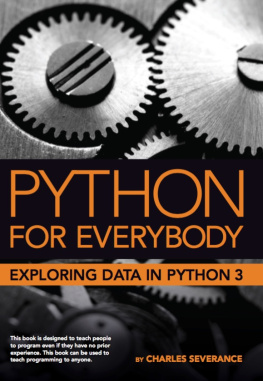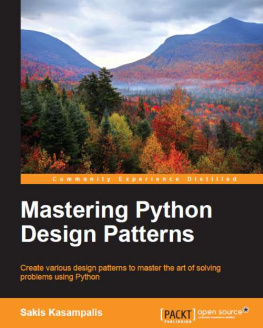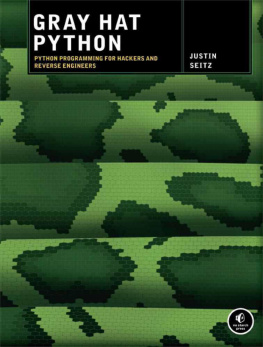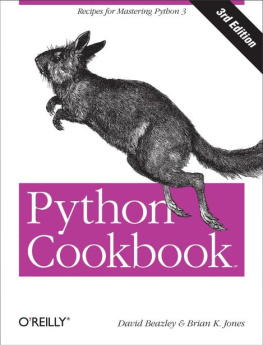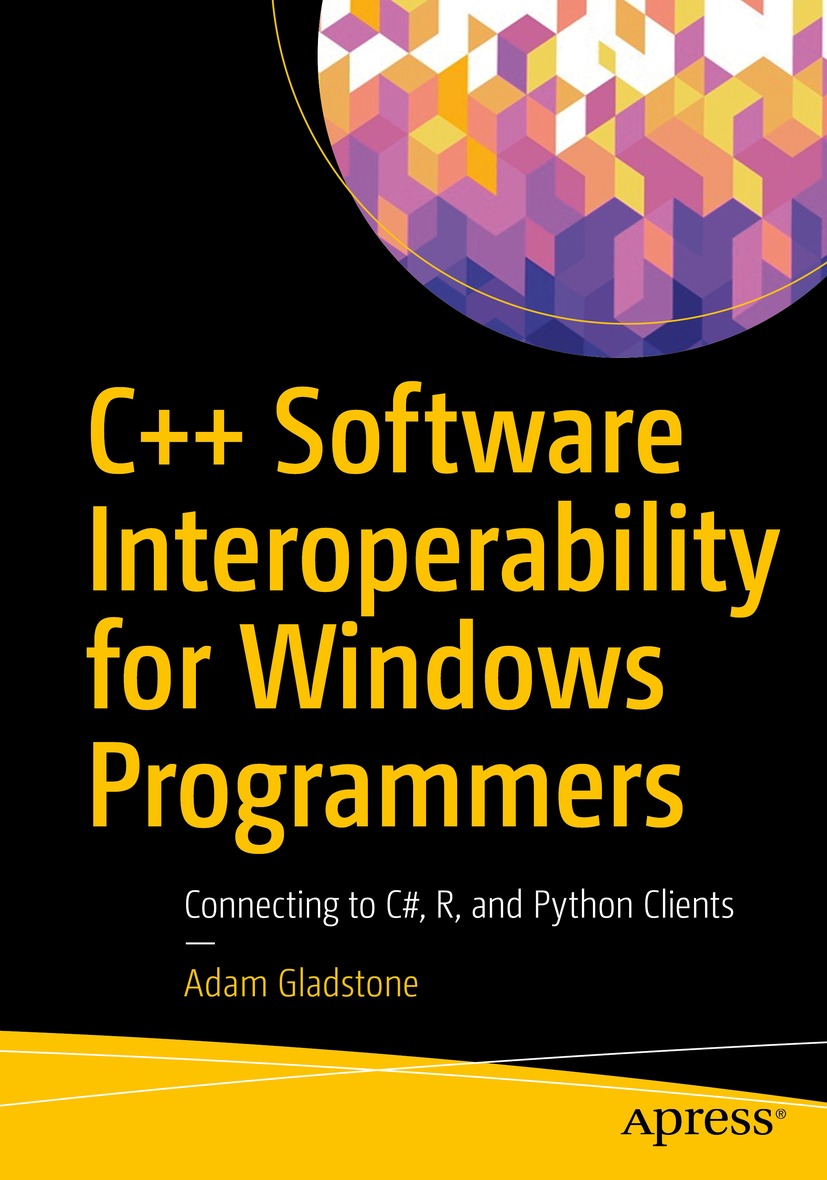Adam Gladstone - C++ Software Interoperability for Windows Programmers: Connecting to C#, R, and Python Clients
Here you can read online Adam Gladstone - C++ Software Interoperability for Windows Programmers: Connecting to C#, R, and Python Clients full text of the book (entire story) in english for free. Download pdf and epub, get meaning, cover and reviews about this ebook. year: 2022, publisher: Apress, genre: Home and family. Description of the work, (preface) as well as reviews are available. Best literature library LitArk.com created for fans of good reading and offers a wide selection of genres:
Romance novel
Science fiction
Adventure
Detective
Science
History
Home and family
Prose
Art
Politics
Computer
Non-fiction
Religion
Business
Children
Humor
Choose a favorite category and find really read worthwhile books. Enjoy immersion in the world of imagination, feel the emotions of the characters or learn something new for yourself, make an fascinating discovery.
- Book:C++ Software Interoperability for Windows Programmers: Connecting to C#, R, and Python Clients
- Author:
- Publisher:Apress
- Genre:
- Year:2022
- Rating:3 / 5
- Favourites:Add to favourites
- Your mark:
C++ Software Interoperability for Windows Programmers: Connecting to C#, R, and Python Clients: summary, description and annotation
We offer to read an annotation, description, summary or preface (depends on what the author of the book "C++ Software Interoperability for Windows Programmers: Connecting to C#, R, and Python Clients" wrote himself). If you haven't found the necessary information about the book — write in the comments, we will try to find it.
This book addresses a fundamental question in software design: given an existing C++ codebase, how does one go about connecting that codebase to clients written in C#, R, and Python? How is the C++ functionality exposed to these clients? One answer may be to rewrite the existing codebase in the target language. This is rarely, if ever, feasible and this books goal is to save you the pain and the high cost of throwing out valuable existing code by showing you how to make that older code function alongside and with the more modern languages that are commonly in use today. The knowledge you will gain from reading this book will help you broaden your architectural choices and take advantage of the growing amount of talent around newer languages.
What You Will Learn
- Build components that connect C++ to other languages
- Translate between the C++ type system and the type systems of C#, R, and Python
- Write a managed assembly targeting the .NET framework
- Create C++ packages for use in R/Studio
- Develop Python modules based on high-performance C++ code
- Overcome the difficulties and pitfalls involved in cross-language development
Who This Book Is For
Software developers who are looking for ways to extend existing systems written in C++ using modern languages. Readers should have some programming experience, particularly in C++. Readers should also be familiar with common development tools such as Visual Studio, R/Studio, Visual Studio Code, and CodeBlocks.
Adam Gladstone: author's other books
Who wrote C++ Software Interoperability for Windows Programmers: Connecting to C#, R, and Python Clients? Find out the surname, the name of the author of the book and a list of all author's works by series.

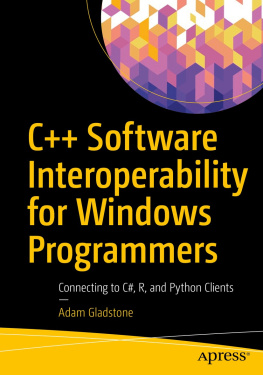
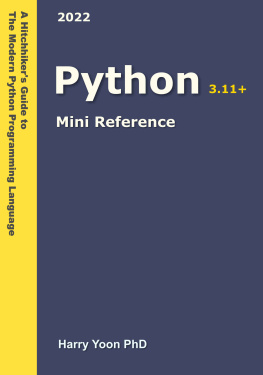

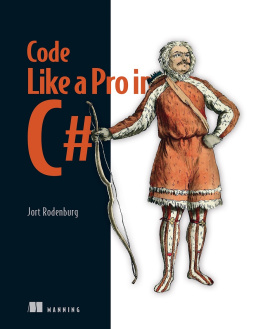
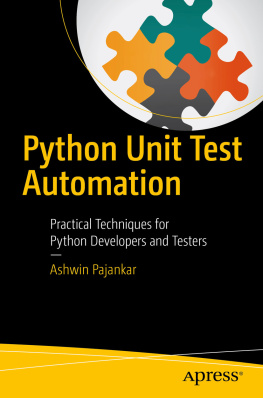
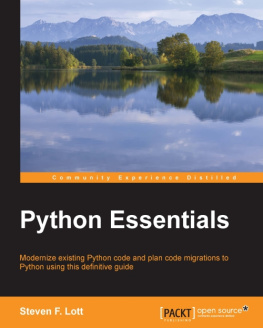
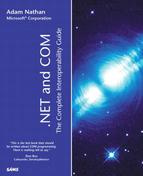
![Joannah Nanjekye [Joannah Nanjekye] - Python 2 and 3 Compatibility: With Six and Python-Future Libraries](/uploads/posts/book/124063/thumbs/joannah-nanjekye-joannah-nanjekye-python-2-and.jpg)
